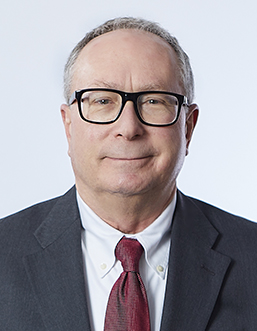Public Act 103–0722, effective January 1, 2025, was signed into law the week of July 29, 2024.
The Act is called the Worker Freedom of Speech Act. The law prohibits an employer from any adverse employment action against an employee because the employee declines to attend or participate in an employer sponsored meeting or to receive or listen to employer communications if the meeting or communication is for the purpose of communicating the opinion of the employer about religious matters or political matters.
Not surprisingly, “political matters” means matters relating to elections for political office, political parties, proposals to change legislation, proposals to change regulations, proposals to change public policy, and the decisions to join or support any political party or political, civic, community, fraternal or labor organization (emphasis supplied).
Religious matters are defined as matters relating to religious belief, affiliation, practice, and the decision to join or support any religious organization or association.
This Act is designed to interfere with an employer’s right to communicate its opinion about unionization to its employees, a practice which is legal under the National Labor Relations Act for private employers. Undoubtedly, legal challenges will be mounted to the statute since the labor communication aspect is most likely preempted by the National Labor Relations Act.
The Act further provides in its definition of “voluntary” that any positive or negative incentive provided by the employer to the employee renders the employee’s participation not voluntary.
The Act is enforced by the Illinois Department of Labor and provides for a private right of action.
The new law includes exceptions in Section 35. In a nutshell, those are communications required by law, but only to the extent of what is required by law, voluntary participation, of course, and information necessary for employees to perform their required job duties.
Also exempt are training that is intended to foster civility and collaboration or prevent workplace harassment or discrimination; education and research in higher education; political organizations and not for profits sponsoring meetings or communications for the purpose of communicating political tenets or purposes; and the General Assembly, State, or local bodies requiring employees to attend employer sponsored meetings or participate in communications for the purpose of communicating proposals to change legislation, regulations, or public policy.
Finally, the Act exempts religious organizations which require employees to attend employer communications for the purpose of communicating religious practices or tenets.
The Labor and Employment Law Team of Sandberg Phoenix encourages all Illinois employers to gain familiarity with Public Act 103–0722 and our Team can advise employers with respect to compliance with the Act or challenges to the Act.
